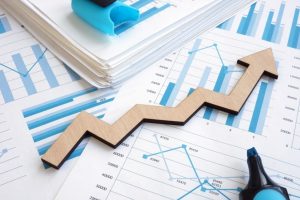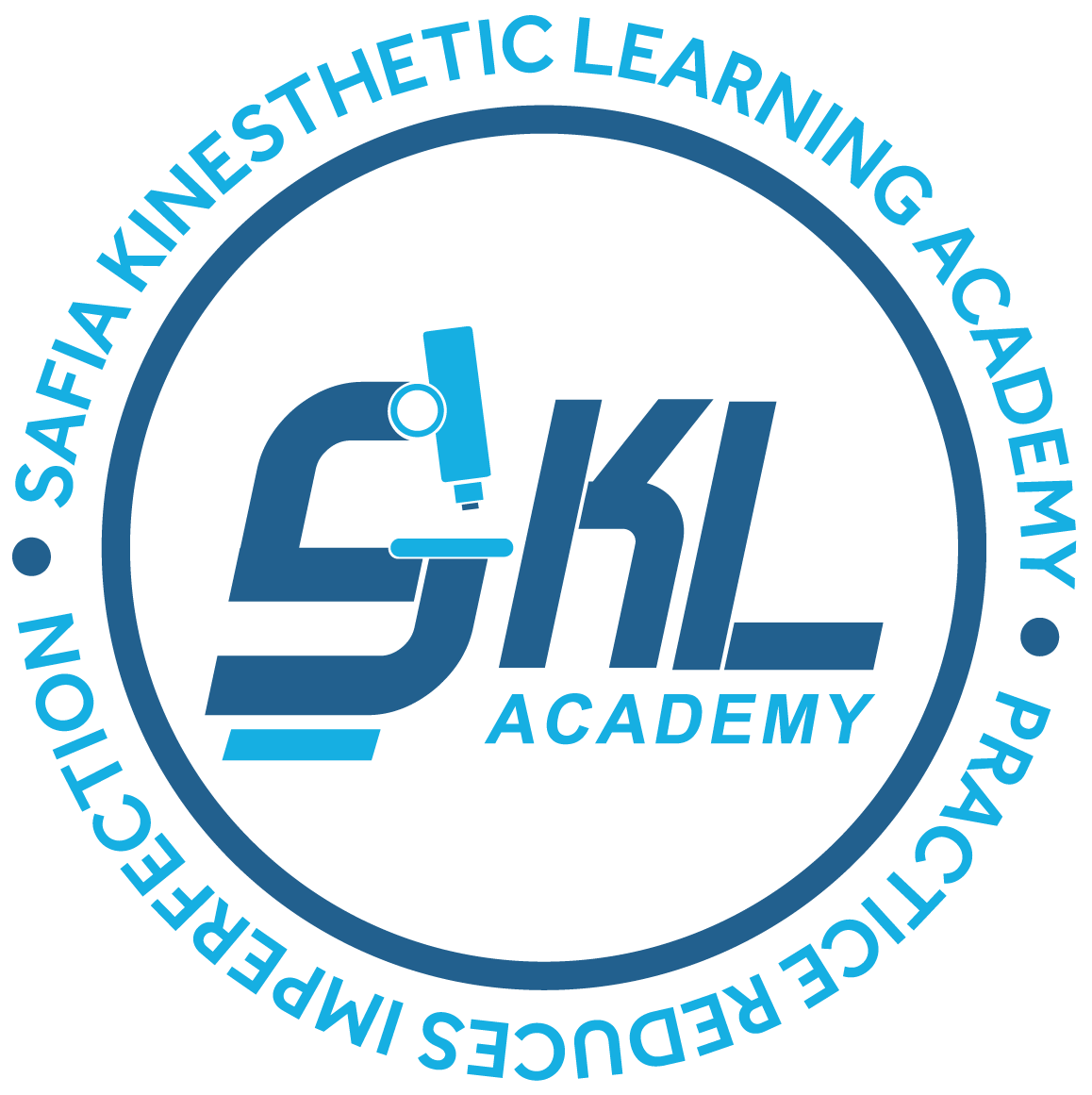Career in Economics
CAREER IN ECONOMICS

Economics is what economists do. However, economics is traditionally a subject of humanities and commerce but practically it is no way less than a science stream because it encompasses mathematics and applications of various mathematical tools in the derivation of models of growth of an economy and measurement of national income and its various derivatives. It also includes social science, psychology, welfare economics and philosophies- and that is why it is considered as an evergreen subject the importance and dynamics of which has even more increased especially in the aftermath of globalization, liberalization and privatization of the 1990s. Economics has grown as an interesting and perfectly professional subject from the point of view of career and job opportunities with the pace of time. From the early days of Adam Smith, who is known as father of economics, to the urbane modern world of the 21st century, the canvas and contour of economics has exponentially grown to be the subject of promising careers and key job opportunities both at home and abroad.
Eligibility:
Though the teaching of economics starts only from ninth standard but at this stage it is merely the induction of students into the virtual world of economics but the pure economics syllabi are covered only from eleventh and twelfth classes which include the study of microeconomics, macroeconomics, statistics, fiscal policy, monetary policy, markets, production, costs and revenues, methods of measurement of national income, income and employment theory, balance of payment, banks and other monetary agencies of the governments across the globe. Twelfth pass certificate in economics proves to be the authorization of entry of the students into the world of specialized study of the subject at the college and university level. From honors course in B.A, B.Sc. the students can further opt for post graduation and PhD degrees in the subject which further qualify them for more of the employment opportunities and career options.
Career scenario in economics:
Economics course syllabus includes the papers like mathematical economics, statistical economics, monetary economics, international economics, developmental economics, econometrics, public finance, and economic policy making. The specialization in the field of economics increases its importance. The specialized areas are finance, agriculture, econometrics, rural development, health, business development, international economics, industrial law and human resource. The career prospects for economics graduates are many. Numerous fields are waiting for economic graduates both in the public as well as the private sectors. In the government sector, one may try for Indian Economic Services, jobs in Reserve Bank of India, PSUs and other public sector banks. All these jobs have wonderful career options. Private sector also offers jobs for economic graduates in the fields like private banks, MNCs, BPOs, KPOs, Business journals, and newspapers. One can pursue Ph.D. in economics to enter into the field of teaching in colleges and universities. One makes a successful career as a Corporate Lawyer after BA in economics followed by LLB. BA in economics and MBA placed one at a better position in the private sector. Economic Journalism is another shining area for job perception.
Top 4 Colleges in India
- Lady Shri Ram College for Women, Delhi.
- Shri Ram College of Commerce, Delhi.
- Xavier’s College, Kolkata.
- Symbiosis School of Economics.
Top 4 Colleges in Kolkata
- Xavier’s College, Kolkata.
- Lady Brabourne College.
- Shri Shikshyatan College.
- Heramba Chandra College.
Top 4 Universities in Kolkata
- Jadavpur University
- Rabindra Bharati University.
- Netaji Subhas Open University.
- Presidency University.
Top 4 Colleges in Delhi
- St. Stephen’s College.
- Delhi School of Economics.
- Shri Ram College of Economics.
- Lady Shri Ram College.
Top 4 Institutes in World
- Harvard University, Cambridge US.
- London School of Economics, London UK.
- Yale University, New Haven, US.
- Stanford University, Stanford US.
National and international financial institutions
The Reserve Bank of India each year conducts examination for the appointment of Grade ‘B’ officers. The international financial institutes like those of World Bank, International Monetary Fund (IMF), Asian Development Bank, NABARD, International Labor Organization (ILO), World Economic Forum, Organization for Economic Co-operation and Development and other institutes recruit graduates and postgraduates with specialization and Ph.D. for the various prestigious positions. Besides, the commercial organizations like The Associated Chamber of Commerce and Industry of India (ASSOCHAM), one of the apex trade organizations of the country.
Teaching Jobs
Economics is considered as a very tough and rather tedious subject among the humanities and commerce subjects. But academically meticulous and mentally sharp post graduates with degrees in teaching, M.Phil. and Ph.D. can opt for the teaching jobs at various levels and make the subjects easier and more interesting to the students. Though, teaching jobs in economics start only at secondary and senior secondary levels where the graduates and postgraduates with B.Ed. and Diploma in teaching are supposed to take up the task of teaching economics to the students of ninth, tenth, eleventh and twelfth classes.
Economic courses
At UG Level
- BA (Economics).
- BA(Hons) (Economics).
- Sc. (Economics).
- (Hons) (Economics).
- BA (Business Economics).
- BA (Developmental Economics).
At PG Level
- MA (Analytical & Applied Economics).
- MA (Applied Economics).
- MA (Business Economics).
- MA (Corporation and Applied Economics).
- MA (Econometrics).
- MA (Economics).
- MA (Indian Economics).
- MA (Quantitative Economics).
- MBA (Business Economics).
- Sc. (Applied Economics).
- Sc. (Mathematical Economics).
- MBE (Master of Business Economics).
At M.Phil. and Ph.D. Levels
- Phil. (Applied Economics)
- Phil. (Economics)
- Phil.(Applied Econometrics)
- D. (Business Economics)
- D.(Economics)
Diploma Courses in Economics
- Post Graduate Diploma (Applied Economics)
- Post Graduate Diploma (Econometrics)
